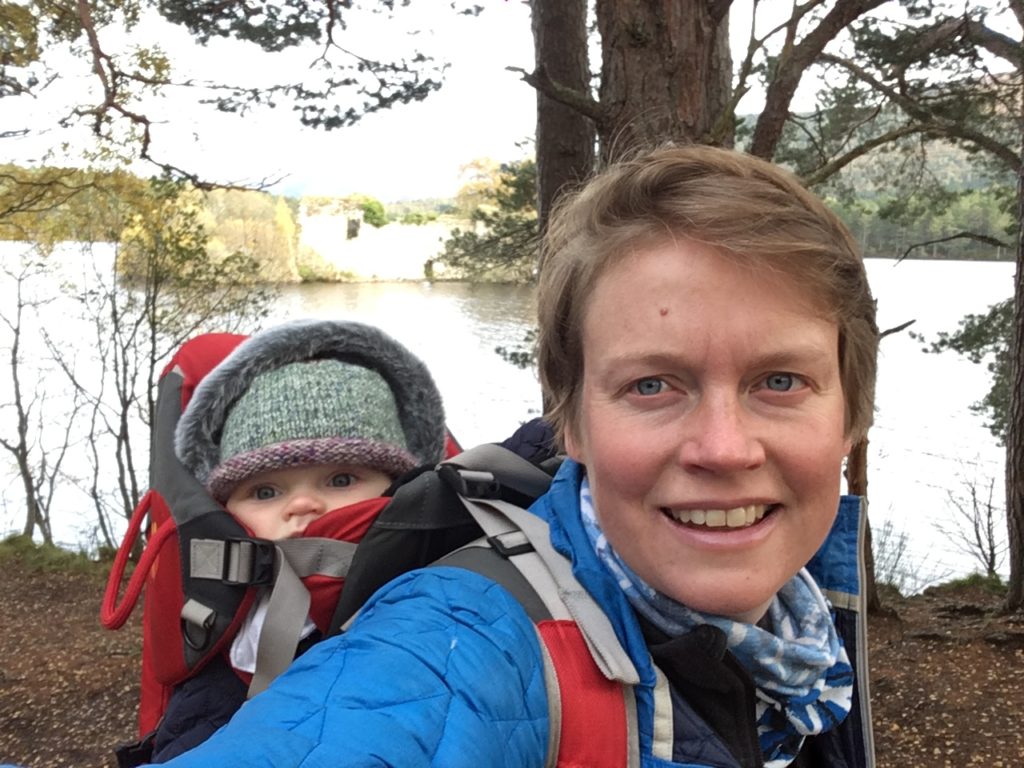Untangling the motivations for conservation.
“The idea of the Anthropocene reminds us how profoundly we are now altering the earth system,” says Dr Janet Fisher. She describes herself as, “a social scientist focused on environmental and conservation issues, interested in how people orient towards nature and how they perceive and anticipate the loss of nature.” With a broad training that bridges geography, ecology and social science, she has become particularly interested in growing understanding of the social dynamics underlying the nature and climate crises, “to help society approach these crises more urgently and more productively,” she says.
Peer perspectives
“Conservation comes in diverse forms and is characterised by varied ideas about what, why and how to conserve. Every conservationist has their own perspective on these issues, which inform their guiding principles and motivations,” Janet explains. This concept led into her work examining the perspectives of professional conservationists on twenty-first century challenges.
She was part of a small team from the universities of Cambridge, Edinburgh and Leeds, who in 2017 developed the Future of Conservation (FOC) survey, aiming to explore the views of conservationists – across the board, rather than the few powerful voices that may dominate debate – to map key dimensions of conservation thought, informing discussions on the future of conservation. Following a statistical analysis of the first 9,000 respondents, three axes of opinion were uncovered: ‘people-centred conservation’, ‘science-led ecocentrism’ and ‘conservation through capitalism’ – with later respondents receiving instant feedback on how their perspective compares with others in these major dimensions.
“The FOC survey was made available in three languages, has been taken in 180 countries and achieved roughly 20,000 responses in the last five years,” Janet reports. “It is the largest ever dataset documenting professional perspectives about conservation, providing powerful insights into key trade-offs and challenges for conservation globally.”
Expanding the audience
After the initial launch of the FOC survey, the team received correspondence from many conservationists, describing how the experience of doing the survey, seeing the instant results, and comparing these with the results of colleagues had been interesting and stimulated important conversations about consensus and divergence amongst colleagues. This led the team to create a second, free, user-friendly tool – the Group and Organisation Future of Conservation Survey (GO-FOX) – targeted for use within conservation organisations and educational settings.
“GO-FOX enables groups of colleagues, co-workers and students to consider how the values of individuals compare to those of their colleagues or peers, and how these align with overall organisational values,” Janet explains. “Understanding the diversity of views within groups can help with strategic planning processes and enable critical and reflective thinking to take place, and make visible where there is consensus or divergence.”
And the team did not stop there. “Our collaboration thought it would be useful to develop this work further, to enable some of the ideas and principles to be applied in particular landscape settings, to enable stakeholder groups to deliberate about the future of landscapes where conservation may be one, but often one among many, drivers of change,” Janet says. “The original FOC survey deliberately incorporated reasonably abstract ideas, to be relevant everywhere, but we are now enjoying applying what we have learnt to support processes of planning for environmental and landscape changes, such as ecological restoration, in specific places.”
The team now have two, funded projects developing tools to grow understanding of differences among stakeholder perspectives of landscapes, enabling these differences to be made visible, debated and deliberated in landscape-visioning forums. “We hope that this can improve mutual understanding between groups with different perspectives on landscape change, and potentially reduce contention,” says Janet. The work is being piloted in the northwest highlands, Ayrshire, Cumbria and Shropshire with partners who are interested in facilitating more productive conversations about environmental and landscape change.

Learning through teaching
Janet’s first degree was in Natural Sciences at Durham University, with a Master’s and PhD in International Development at the University of East Anglia. A postdoc at the University of Edinburgh and Lectureship at the University of Exeter were followed by a prestigious five-year Chancellor’s Fellowship at Edinburgh, leading into her current role as Senior Lecturer.
Janet is pleased to teach at multiple levels in her current role: “I have been privileged to work with some really gifted and dedicated PhD, Masters and Undergraduate students at Edinburgh and beyond,” she says. “I really enjoy being part of the process when PhD students shape their research, and watching them grow in confidence as they become experts in their field.”
Dr Janet Fisher is a Senior Lecturer in the School of Geosciences at the University of Edinburgh. Her work is supported by the UK Government, NERC, the Endangered Landscapes Programme and the contributors to the Cambridge Conservation Initiative. Find more here.
This post is part of a series showcasing Scotland’s innovative, high-impact research supporting biodiversity conservation, in partnership with Scottish Government and NatureScot. Read the rest of the series here.
Further reading
Fisher, J.A., et al. 2013. Strengthening conceptual foundations: Analysing frameworks for ecosystem services and poverty alleviation research. Global Environmental Change 23(5): 1098—1111. https://doi.org/10.1016/j.gloenvcha.2013.04.002
Kenter, J.O., et al. 2015. What are shared and social values of ecosystems? Ecological Economics 111: 86—99. https://doi.org/10.1016/j.ecolecon.2015.01.006
Sandbrook, S., et al. 2019. The global conservation movement is diverse but not divided. Nature Sustainability 2: 316—323. https://doi.org/10.1038/s41893-019-0267-5
Fisher, J.A., et al. 2020. Conservationists’ perspectives on poverty: An empirical study. People and Nature 2(3): 687—692. https://doi.org/10.1002/pan3.10098
Luque-Lora, R., et al. 2022. A global analysis of factors predicting conservationists’ values. People and Nature 4(5): 1339—1351. https://doi.org/10.1002/pan3.10391
